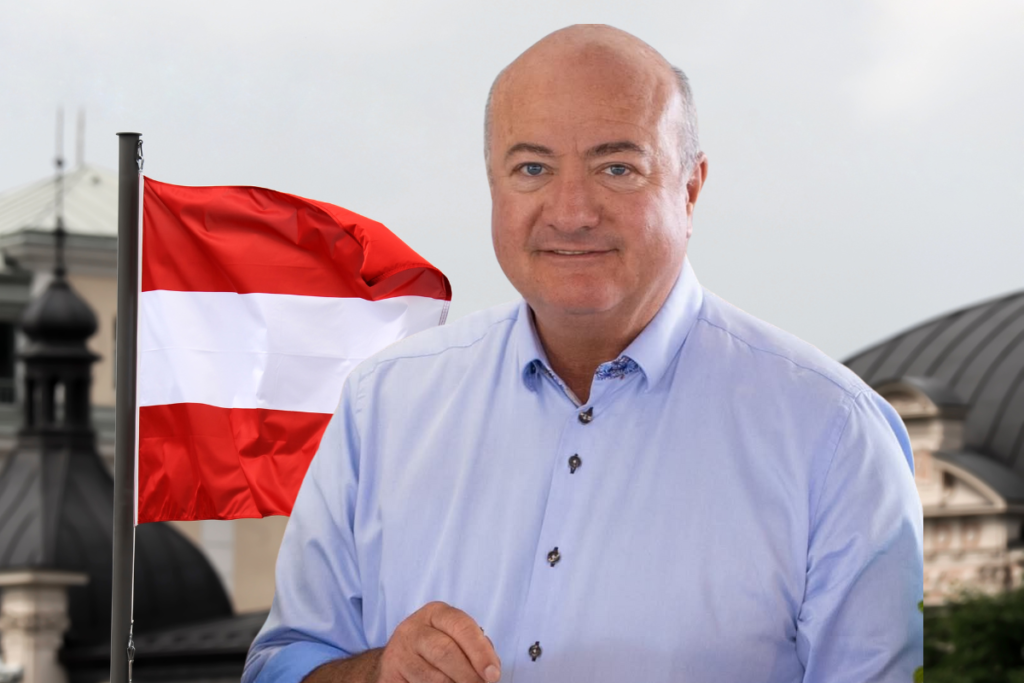As Labour positions itself as the party of economic competence ahead of the general election, all eyes are on Shadow Chancellor Rachel Reeves. With public services under strain and voters demanding both fiscal discipline and visible change, Reeves stands at the intersection of political ambition and economic reality. The question now is simple but pivotal: can she cut it?
A former Bank of England economist and one of Labour’s most disciplined communicators, Reeves has spent the last few years rebuilding the party’s economic credibility. She’s promised an end to what she calls “Tory chaos,” pledging sound money, no unfunded commitments, and a return to stable leadership in public finances.
But with that credibility comes constraint. Reeves has ruled out raising income tax, reversing Brexit, or making sweeping spending commitments without clear funding. In doing so, she has drawn a firm line between Labour’s current stance and its more radical past. That approach has reassured the City and business leaders, but it has also frustrated parts of the Labour base hoping for bolder economic reform.
Her biggest test may lie in what Labour doesn’t promise. With schools in need of repair, the NHS under strain, local councils going bankrupt, and the housing crisis deepening, the demand for public investment is growing louder. Yet Reeves insists that Labour will not be drawn into making “unfunded promises,” no matter how worthy the cause.
Instead, she has focused on a “securonomics” agenda — a plan to grow the economy through long-term investment, stability, and better-paid jobs. It includes pledges to invest in green industries, reform business rates, and strengthen the UK’s industrial base. But the real substance will depend on Labour’s ability to unlock private sector partnerships and manage tight fiscal rules inherited from the current government.
Reeves has promised to stick to existing fiscal frameworks, including a commitment to reduce debt as a share of GDP. That may help calm markets, but it leaves little room for transformative spending unless the economy grows faster than expected or Labour finds new sources of revenue. Her plan to close tax loopholes and tackle non-dom status could raise billions, but critics question whether it will be enough to fund the level of change voters are hoping for.
Despite the tightrope walk, Reeves is one of the most trusted figures in Labour’s frontbench team. Polls suggest voters increasingly see her as competent, serious, and prepared. But competence alone may not satisfy an electorate hungry for improvement after more than a decade of stagnation, austerity, and instability.
If Labour wins power, Reeves will face an economy with sluggish growth, high public debt, rising demands for social investment, and global uncertainty. She will need to deliver on promises of fiscal responsibility without letting caution strangle progress. The line between prudence and paralysis will be narrow.
Her allies argue that Reeves is playing the long game, setting up Labour for sustainable growth rather than short-term spending. They say trust must come first, and once that’s established, the space for bigger ideas will grow. Her critics, including some on the left, fear the opposite: that Labour will enter government with its hands tied, unable to act boldly even when the moment demands it.
Rachel Reeves may be the most qualified Chancellor-in-waiting Labour has had in decades. But qualifications don’t guarantee impact. With the public finances tight, the political temperature rising, and expectations growing by the day, the coming months may reveal whether her caution is a masterstroke of credibility-building — or a constraint that limits the very change Labour hopes to deliver.
In the end, it’s not just about balancing the books. It’s about whether Reeves can balance the pressure to transform Britain’s economy with the promise to keep it steady. The numbers will matter. But so will the judgment behind them.



